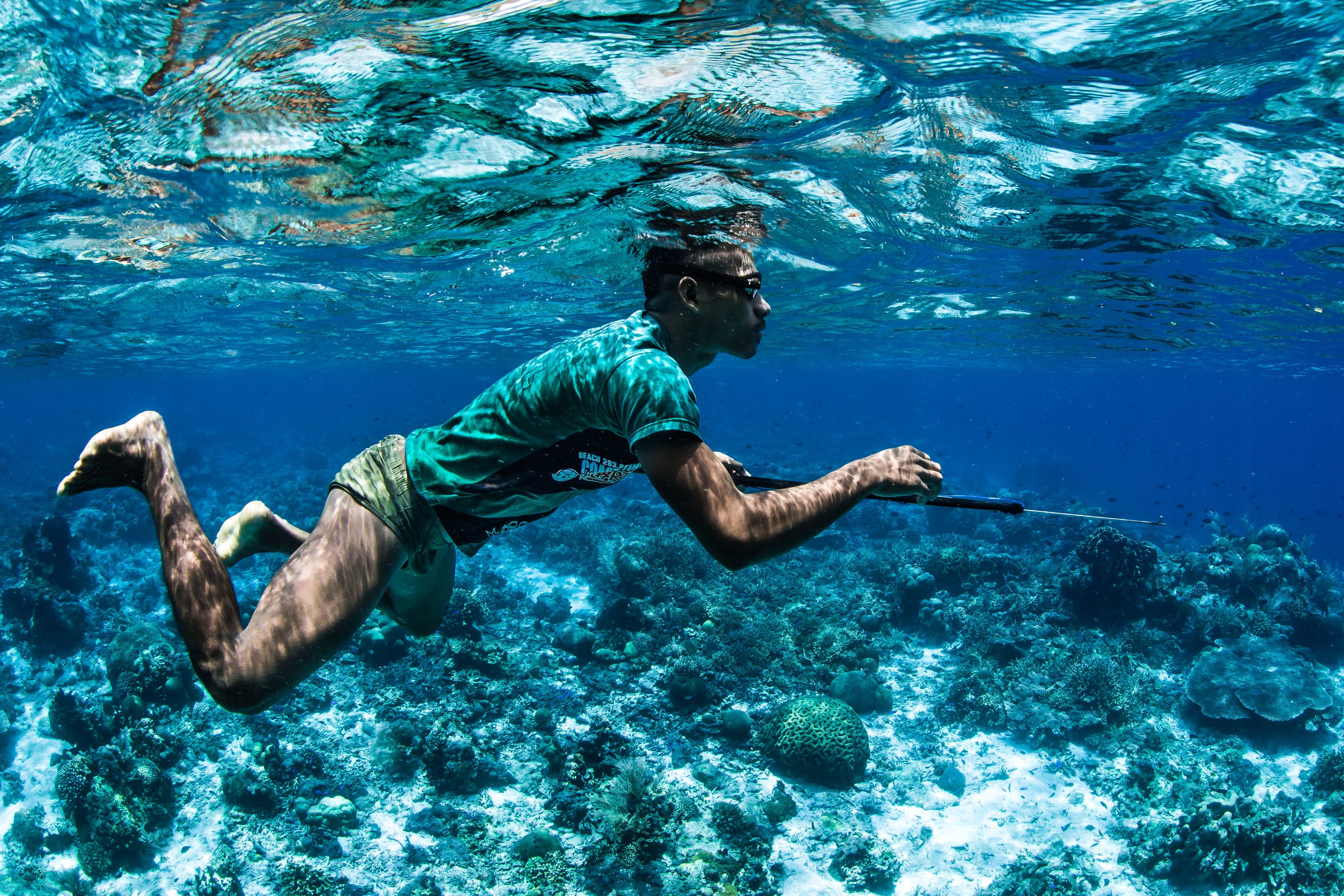There is often a mismatch between short-term economic gain and long-term prosperity as competing Ocean uses and extreme events take a toll on the goal of balancing Ocean protection with production. Integrated Ocean Management (IOM) is a “holistic, ecosystem-based and knowledge-based approach to planning and managing the use of ocean space, with the goal of balancing various uses and needs to achieve a sustainable ocean economy along with healthy ecosystem” (Winther et al., 2020).
IOM aims to support a sustainable ocean economy that uses ocean resources in ways that preserve the health and resilience of marine ecosystems and improve livelihoods and jobs, balancing protection, and production to achieve prosperity. It is the preferred approach in the Pacific to achieve this balance and address critical ocean governance issues. It is mentioned in many national Ocean policies, and it is central in the Framework for a Pacific Oceanscape (2010), which is a key regional framework on Ocean issues.
Marine Spatial Planning (MSP) is often used as part of IOM implementation. It is a public process of “analysing and allocating the spatial and temporal distribution of human activities in marine areas to achieve ecological, economic and social objectives that have been specified through a political process” (UNESCO).
PCCOS is providing technical advice and direct support to Pacific Island Countries and Territories willing to develop or implement a holistic national ocean policy or progress on marine spatial planning. This work is mostly implemented through the UN Ocean Decade endorsed programme Pacific Solutions to Save Our Ocean Integrated Ocean Management.
